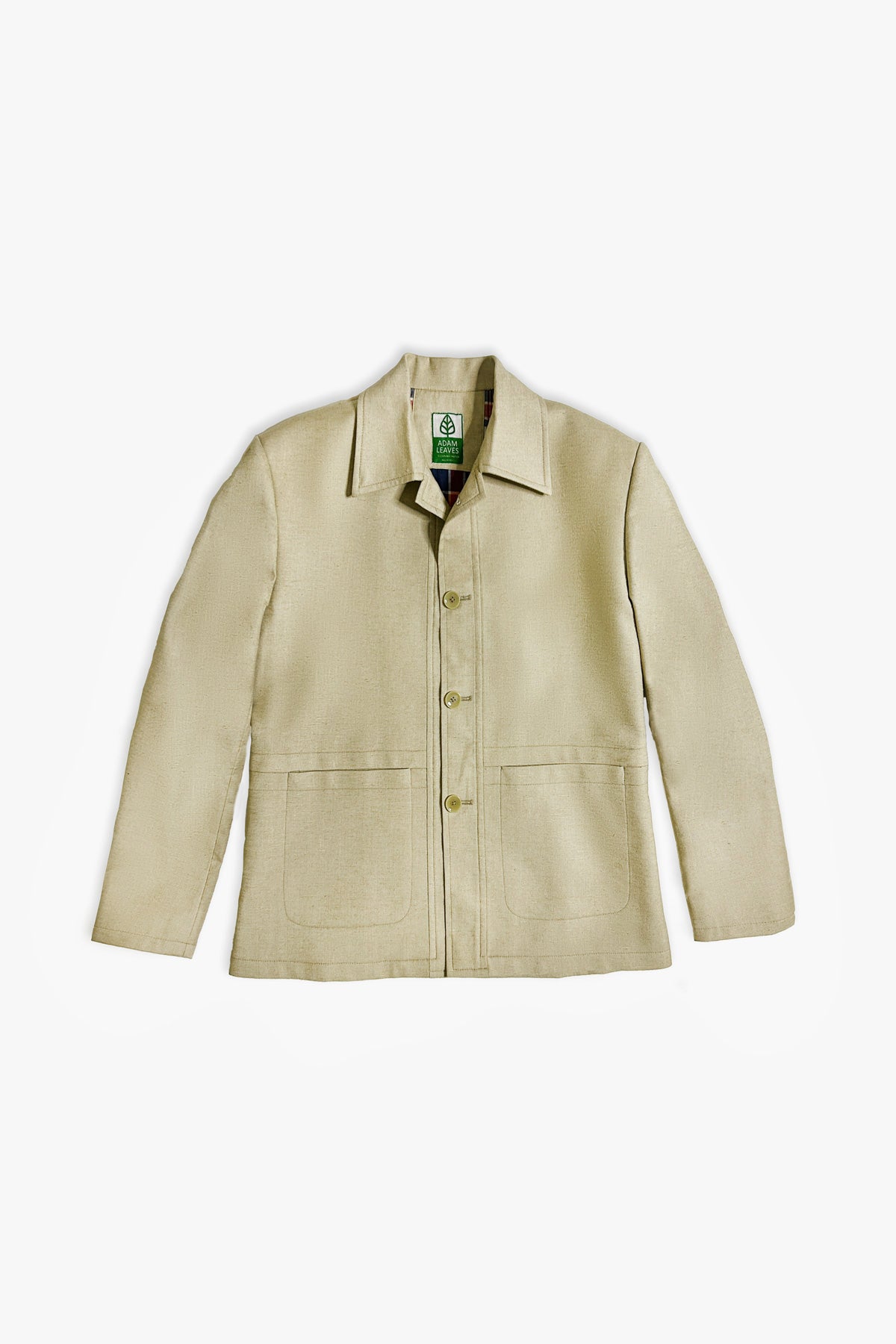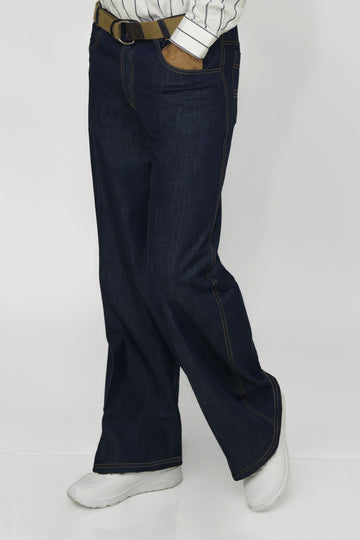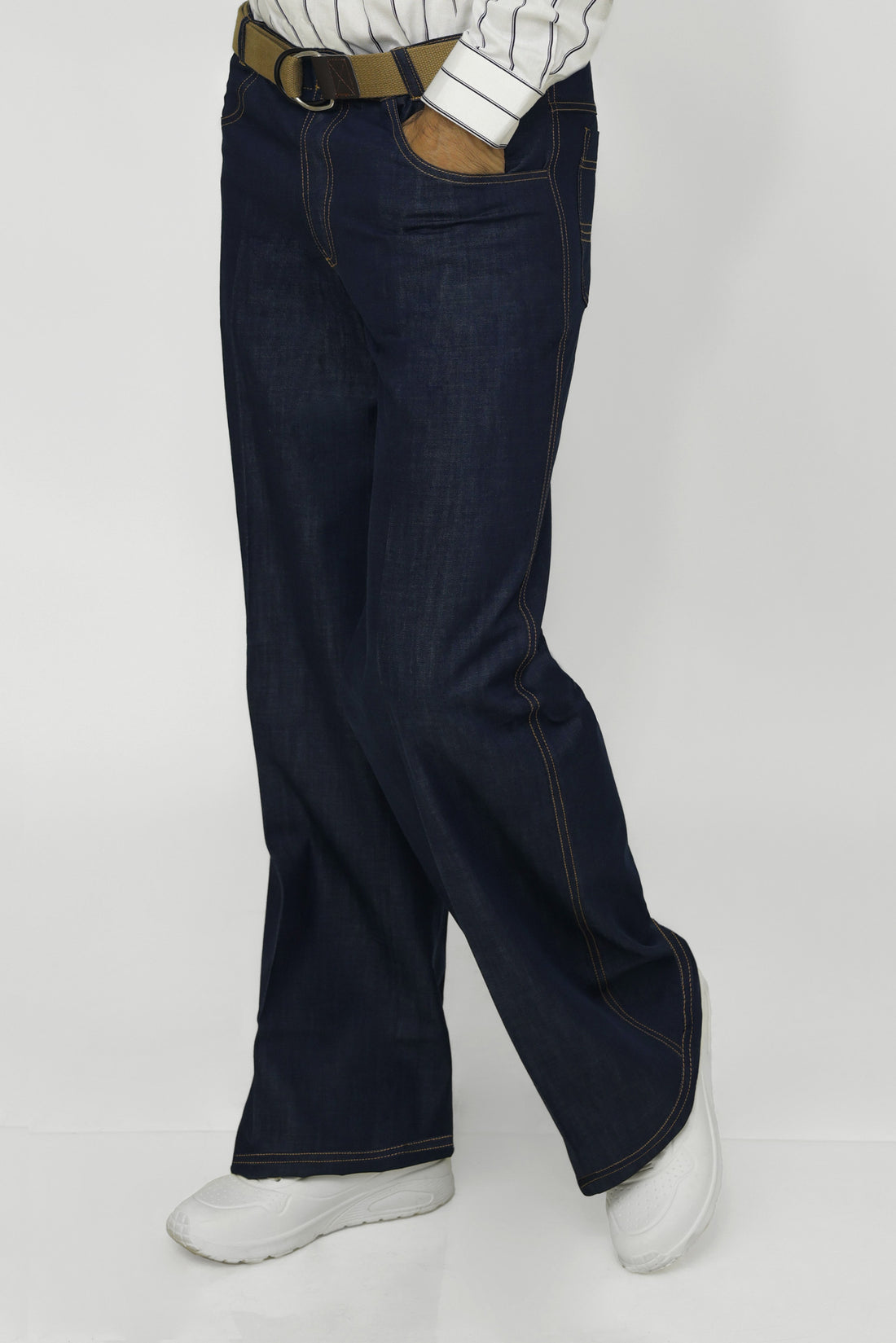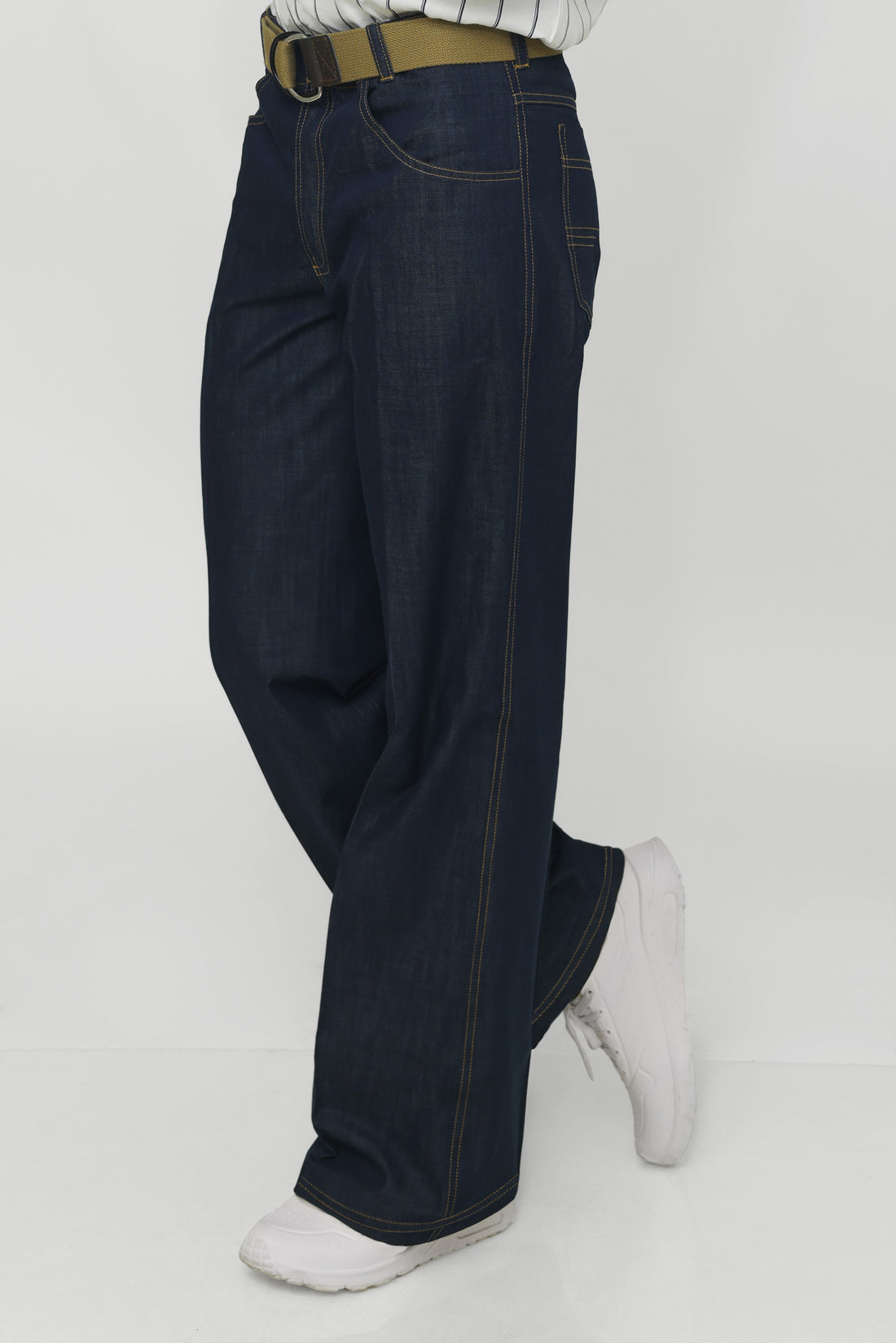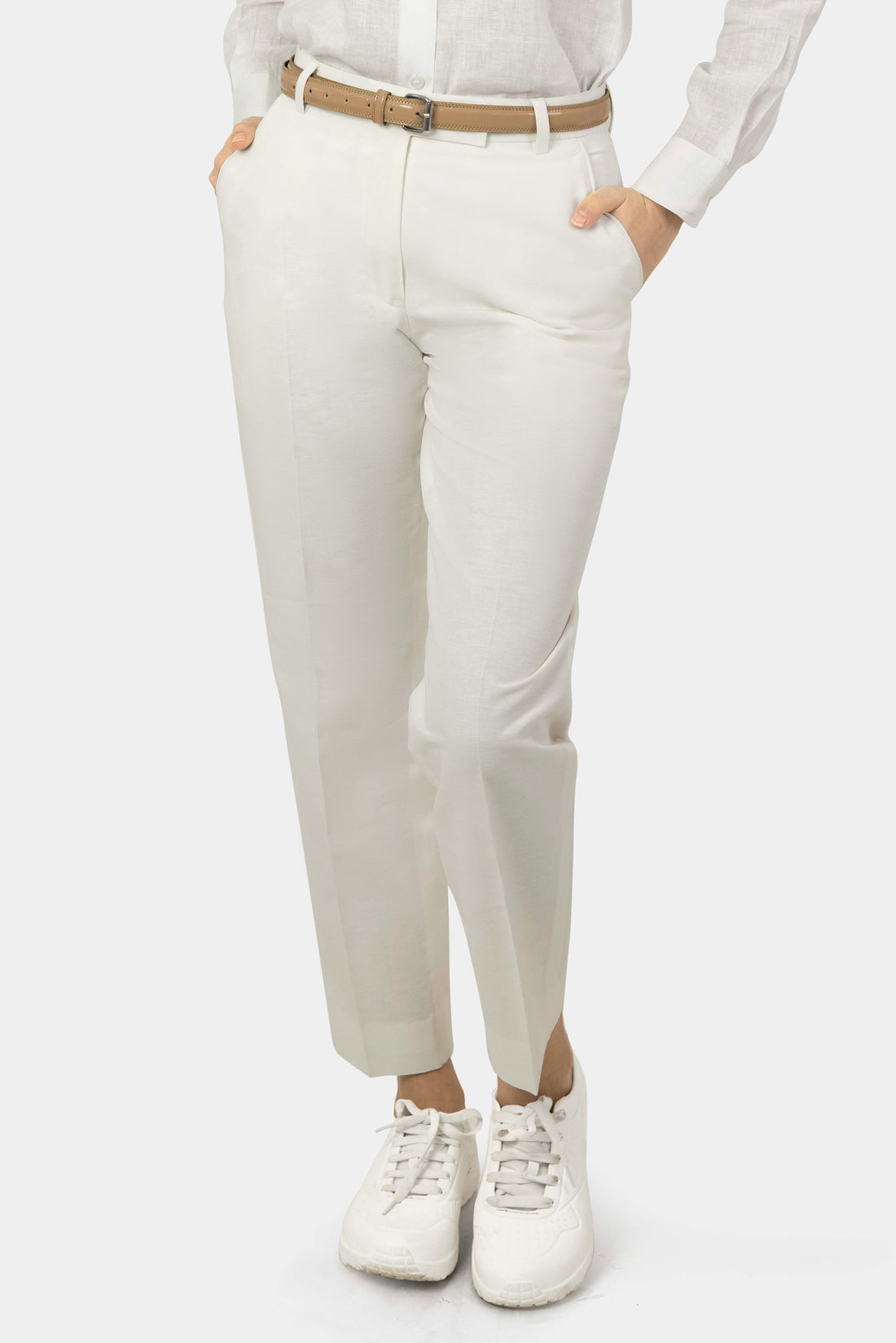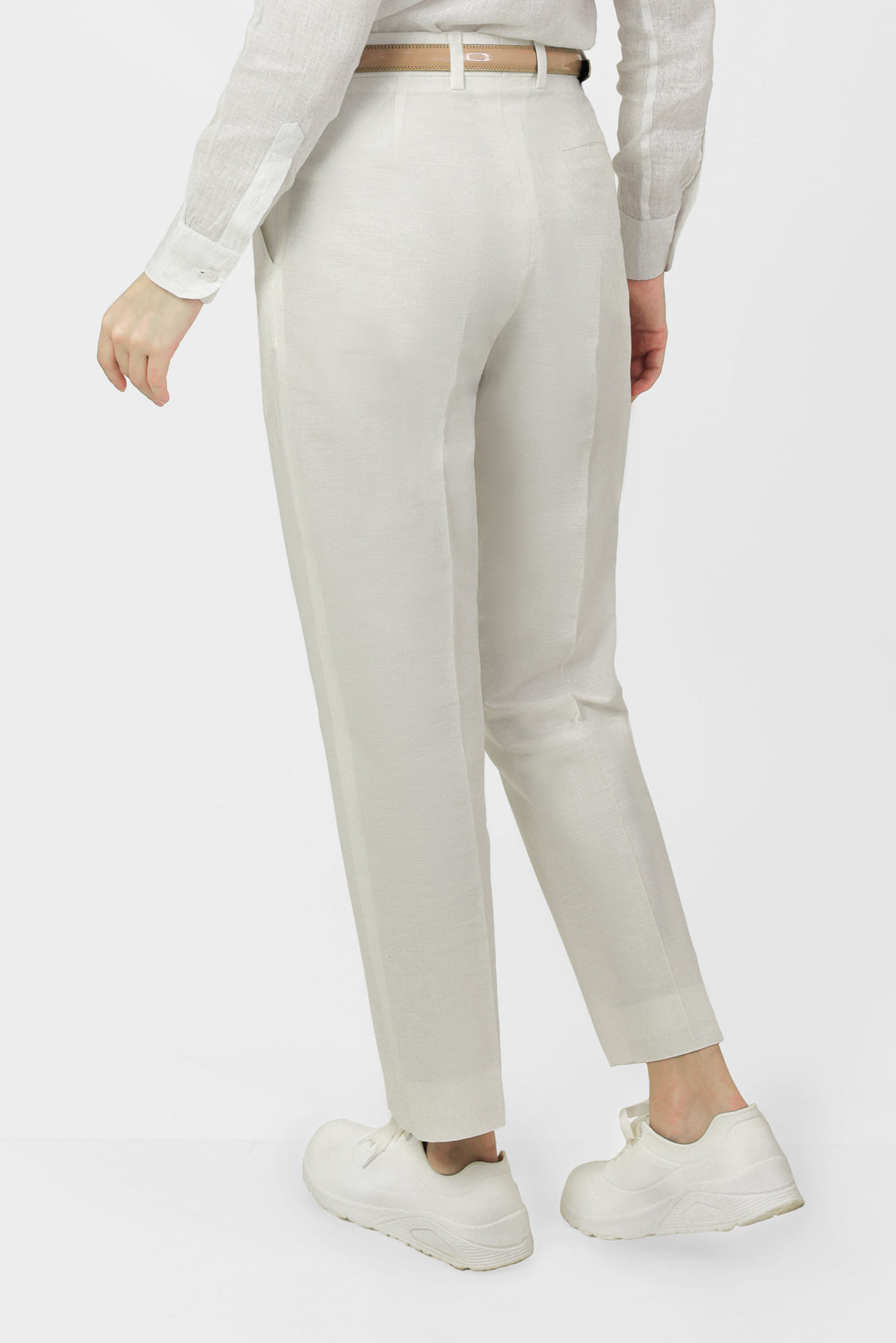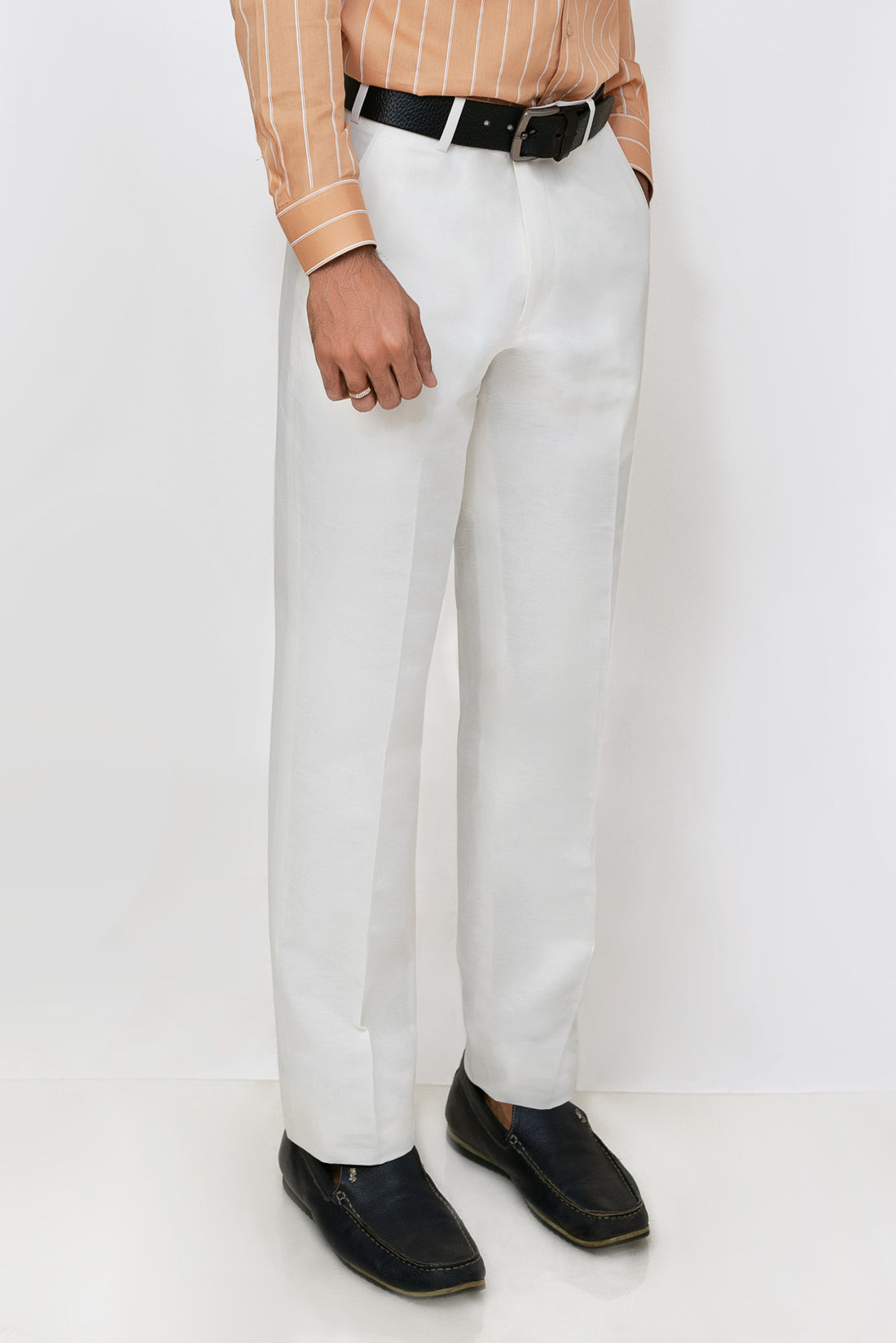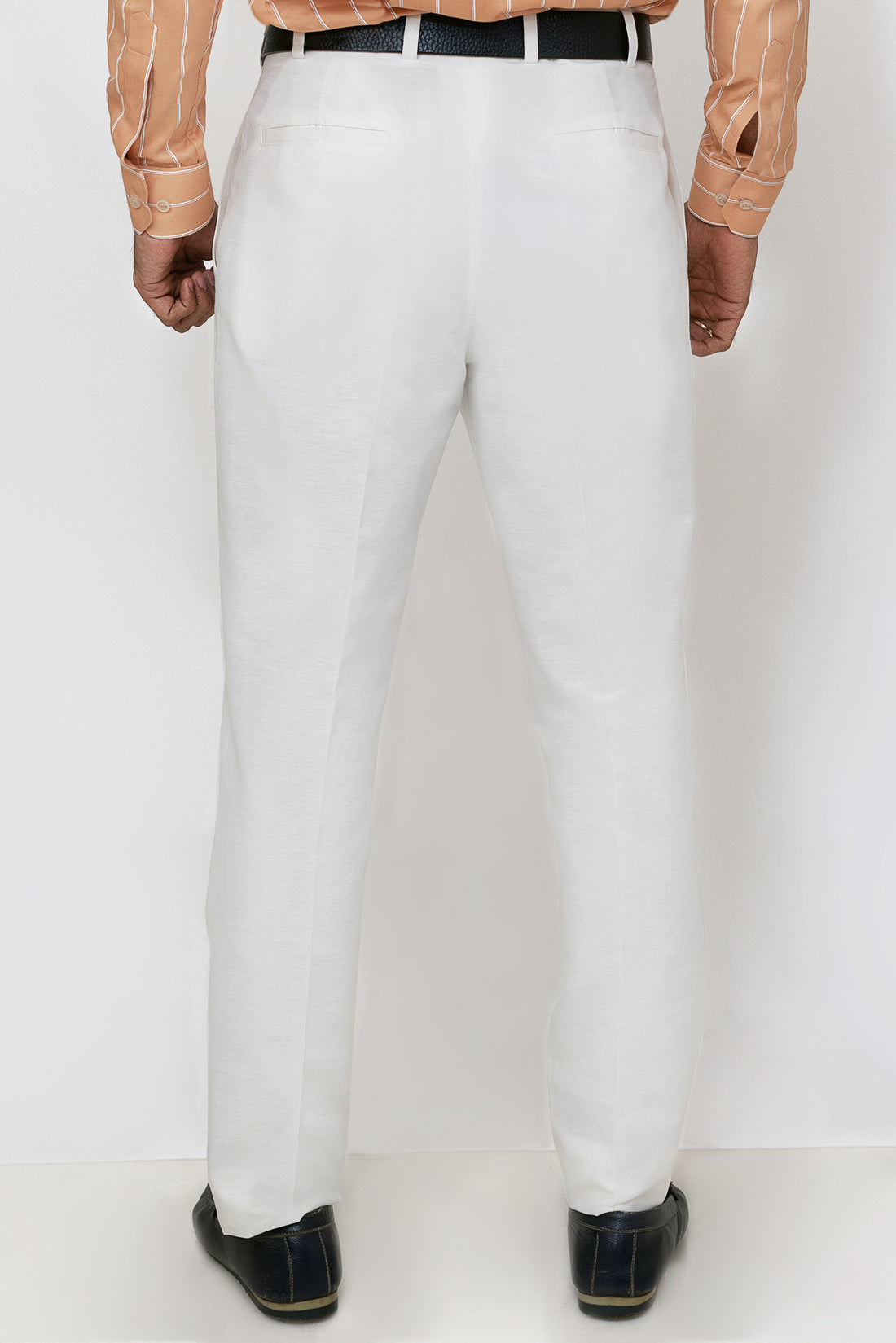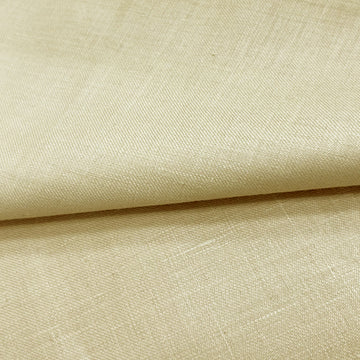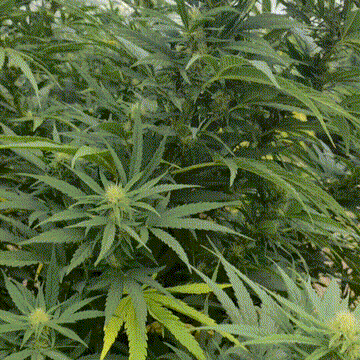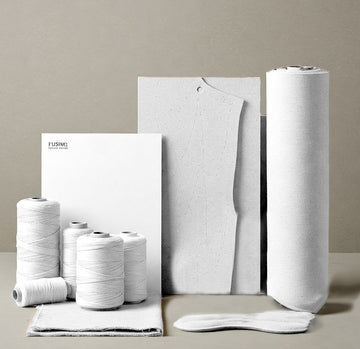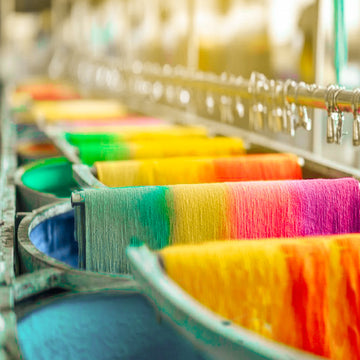Koa- Men’s Linen Jacket
Tax included. Shipping is calculated at checkout.
Easy 7-Day Returns (Standard Sizes Only).
Materials
• Shell Fabric: 40-Lea 100% Linen
• Lining Fabric: Cotton satin
• Fully lined (OEKO-TEX certified cotton interlining)
• Buttons: Corozo, Matching colors
Design
• Front closure with 5 corozo buttons
• Cut-away collar
• Fully lined
• Patch pockets
Fit
• Comfort Fit
• Customization: 15 sizes, XS-XL in Long and Regular length
Looks
• This model Mihir is 5'09'' tall and has 102cm (40") around the chest and 74 cm (29") around the waist and wears an M-Medium
• When in doubt consult our size guide or send an email to info@adamleaves.com
-
A dry wash is recommended.
-
Medium heat ironing.
Order Dispatch:
All orders are processed and dispatched within 3-5 business days after confirmation.
Estimated Delivery Time:
- Within India: Orders are typically delivered within 3-5 business days after dispatch.
- International: Delivery usually takes 5-7 business days, depending on the destination and customs clearance.
Please note: Delivery timelines may vary slightly due to unforeseen circumstances such as weather conditions or public holidays.
Return:
- Returns are eligible only if the product is damaged during transit or if an incorrect item is delivered.
- To initiate a return, please contact us with supporting evidence (such as photos) within 24 hours of receiving the product.



Testimonials

